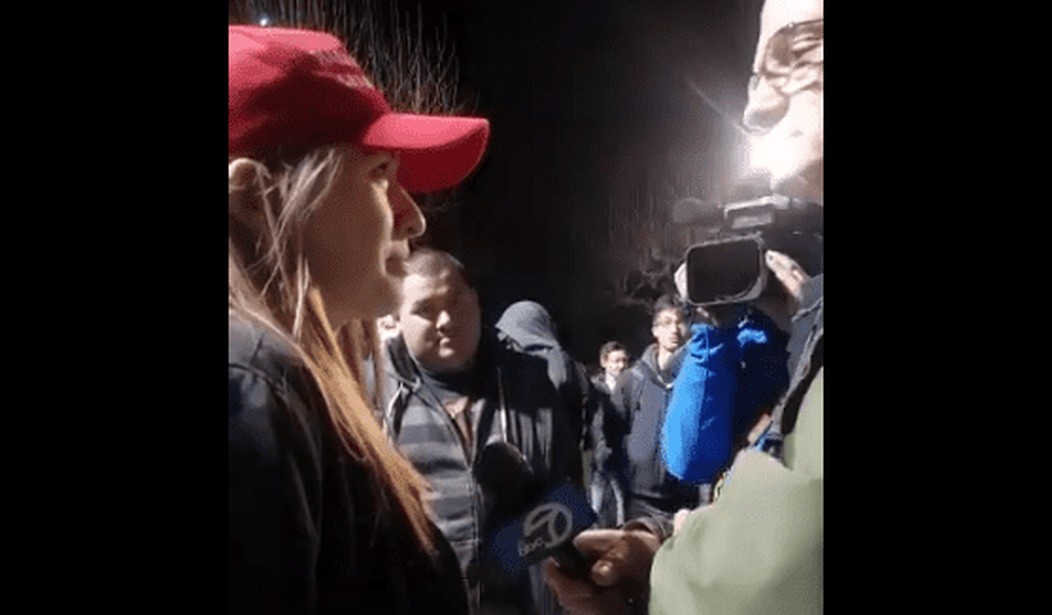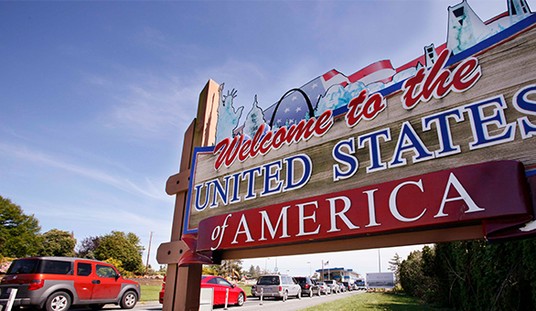In his first interview with a German newspaper, Pope Francis declared that the Roman Catholic Church must study whether it is possible to ordain married men for a limited priesthood — to minister in remote communities facing priest shortages.
“We must consider if viri probati is a possibility,” Francis told Germany’s Die Zeit in an interview published Thursday, the Associated Press reported. “Then we must determine what tasks they can perform, for example, in remote communities.”
The “viri probati” proposal has been discussed for many years. It refers to married men of proven and dedicated faith, who could be ordained for specific purposes, making up for the shortages of priests in various parts of the world.
Pope Francis, as the first Latin American pope, sparked hope that this proposal could find traction in the church’s hierarchy. The pope reportedly appreciates the challenge facing the church in Brazil, an enormous Catholic country suffering an acute shortage of priests. Brazil’s Cardinal Claudio Hummes, a longtime friend of the pontiff and former head of the Vatican’s office for clergy, is reportedly pressing to allow verbi probati in the Amazon, where there is one priest for 10,000 Catholics.
The AP reported that Francis has maintained a friendship with the Argentine widow of a friend who left the priesthood to get married, and he spent a Friday mercy mission last year visiting men who had left the ministry to start families. He has also said that celibacy in the priesthood can be up for discussion since it’s a discipline — not a dogma — of the church.
The Catholic Church already allows a few exceptions to the rule. Priests in the Eastern Rite Catholic Church can get married, and Anglican priests who are already married are allowed to become priests if they convert to Catholicism.
The National Catholic Register reported that in addition to Cardinal Hummes, Vatican Secretary of State Cardinal Pietro Parolin has also supported changes in the priestly celibacy rule. The Register also quoted the Die Zeit article, which mentioned “multiple voices” in Germany questioning the mandatory priestly celibacy rule, including Bishop Dieter Geerlings and Thomas Sternberg. Sternberg, head of the Central Committee of German Catholics (ZdK), said the rule had “lost its plausibility.”
The Catholic Church has embraced priestly celibacy (with some modifications) since the Middle Ages. The rule centers around the idea that priests act “in persona Christi,” or as representatives of Jesus Christ. Since Jesus never married and remained celibate throughout his life, priests should do likewise.
As the Register reported, many are concerned that changing the rule would “generally undermine the Church’s doctrine on the priesthood and the Eucharist.” Since priests administer communion, which is considered the Sacrament of Eucharist — the literal transforming of bread and wine into Jesus’ body and blood in the Catholic Church — their status as in persona Christi is considered central to it.
Even though Pope Francis said the church should be open to the idea of viri probati, he insisted that prayer is central in fighting the vocation crisis. “That is what is missing: prayer,” the pope said, noting that young people constantly seek guidance.
The pope further added that the Catholic Church should be “fearless” in confronting change. “Truth means not to be afraid,” Francis said. “Fears close doors, freedom opens them. And if freedom is small, it at least opens a little window.”
During the Die Zeit interview, Francis was also asked if he experienced doubt in the existence of God. “I, too, know moments of emptiness,” the pope said. He quickly added, however, that periods of crisis are an opportunity to grow in faith and that a believer who does not experience them remains “infantile.”
Francis also warned against the current of populism in western countries. “Populism is evil and ends badly as the past century showed,” he declared, in what seems a subtle rebuke of President Donald Trump and a reference to the totalitarian dictators of the 20th century.









Join the conversation as a VIP Member